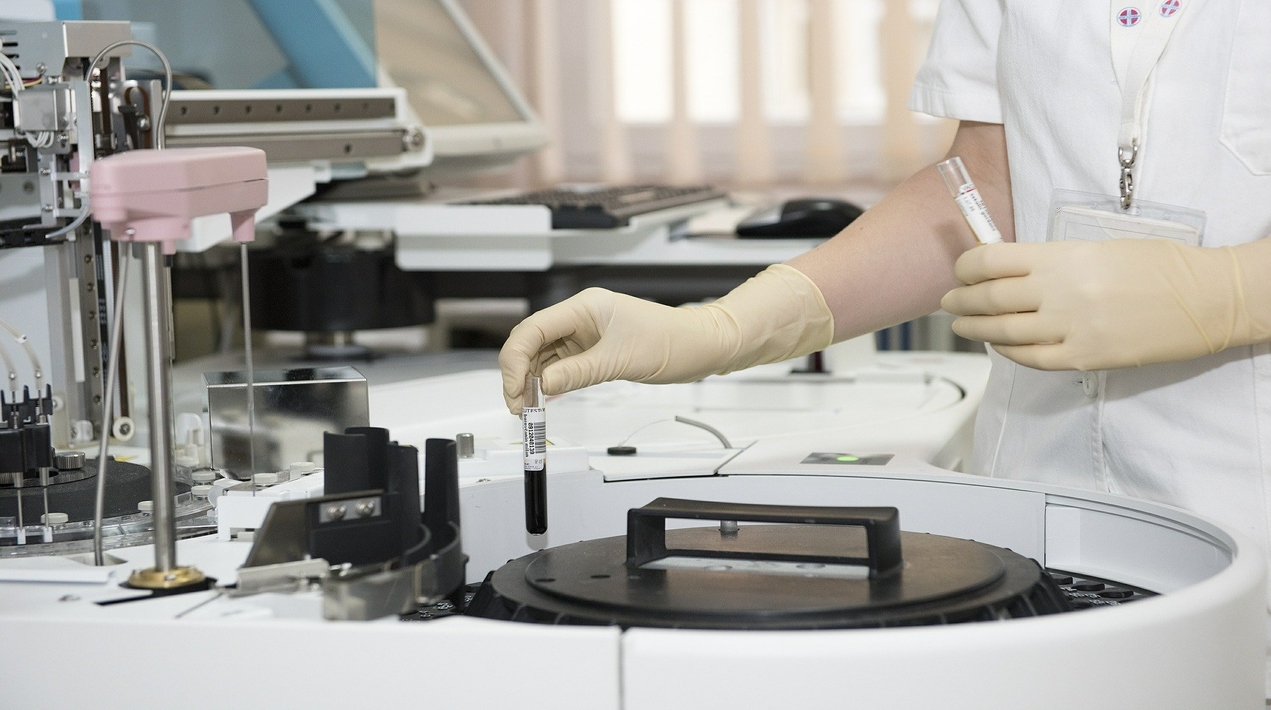
As part of an ongoing initiative to nurture local talents in biomedical engineering, Universiti Malaya (UM) has signed a Memorandum of Understanding (MoU) with the Malaysia branch of an American- German medical device company to renew their collaborative educational programme with the faculty of Biomedical Engineering for another three years.
The Universiti Malaya Faculty of Engineering’s Dean stated that biomedical engineers play a significant role in healthcare but are humbly considered as silent front-liners. They are responsible for the selection, use and maintenance of medical equipment and life-support systems in hospitals, a crucial role in the current pandemic.
He noted that this MoU combines the innovative engineering and services of the medical device company with the research and education expertise of Universiti Malaya’s Department of Biomedical Engineering to produce a much-needed learning opportunity that will prepare undergraduates for the ever-evolving healthcare industry. The collaboration aims to enhance undergraduates’ knowledge and produce competent biomedical engineers capable of making a difference in the local healthcare industry.
The MoU includes curriculum development based on the latest advancement of medical technology and solutions in the industry, annual site visits at a designated medical device company install-base location, and professional development of final year undergraduates among others.
The company aims to provide a connection between education and practice so that new graduates feel ready to engage in the workforce from day one. A third of its workforce are biomedical engineers, so developing these top talents are as much a part of their DNA as it is for Universiti Malaya, he said.
The previous collaboration has seen 14 educational sessions organised with six undergraduates awarded internship opportunities with the medical device company. One of the trainees has received a full-time employment position and eventually pursued other opportunities in the industry.
Pauline Yeoh, currently pursuing her PhD, shares that the programme has equipped her with relevant and updated knowledge of the medical imaging industry whereas her internship has further provided her with a clearer view of the theoretical knowledge I learned in class. She noted that this internship gave her a lot of exposure and experience that developed my interest in this field (Biomedical Engineering).
Biomedical engineering involves applying engineering principles to biology, medicine and healthcare to solve problems. It is a fast-growing area of engineering and individuals would typically find themselves working in health services, the medical devices industry or research.
While its fragmented nature makes it difficult to quantify the overall biomedical engineering sector in terms of the number of people employed and its worth, the global medical devices market alone is estimated to be worth US$381 billion, according to a medical market research company.
Biomedical engineering provides an opportunity for engineers and technologists to use their skills to tackle some of the biggest challenges facing human life. The sector spans everything from mobile devices to hospital scanners.
Biomedical engineers could also find themselves working at the leading edge of areas such as robotics, sensor and imaging technology, 3D printing, artificial intelligence, big data and mobile. A professor of medical physics and biomedical engineering at UCL, which has one of the largest departments for medical physics and biomedical engineering in the UK, also highlights the growing area of ‘personal medicine’ or ‘ubiquitous healthcare’. This could include using a person’s mobile phone to help monitor breathing or heart rate, their diabetes or even recovery after surgery.
















